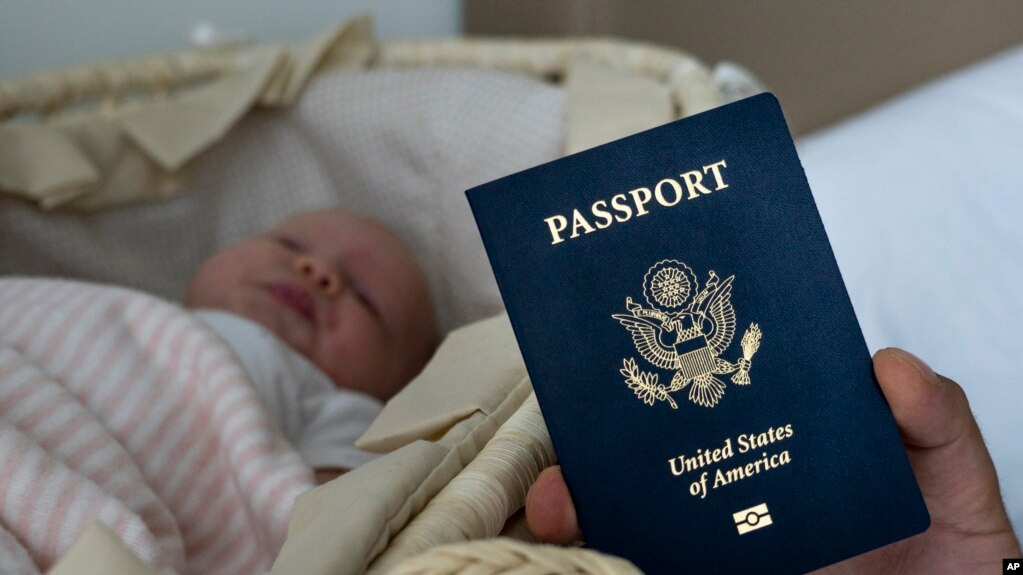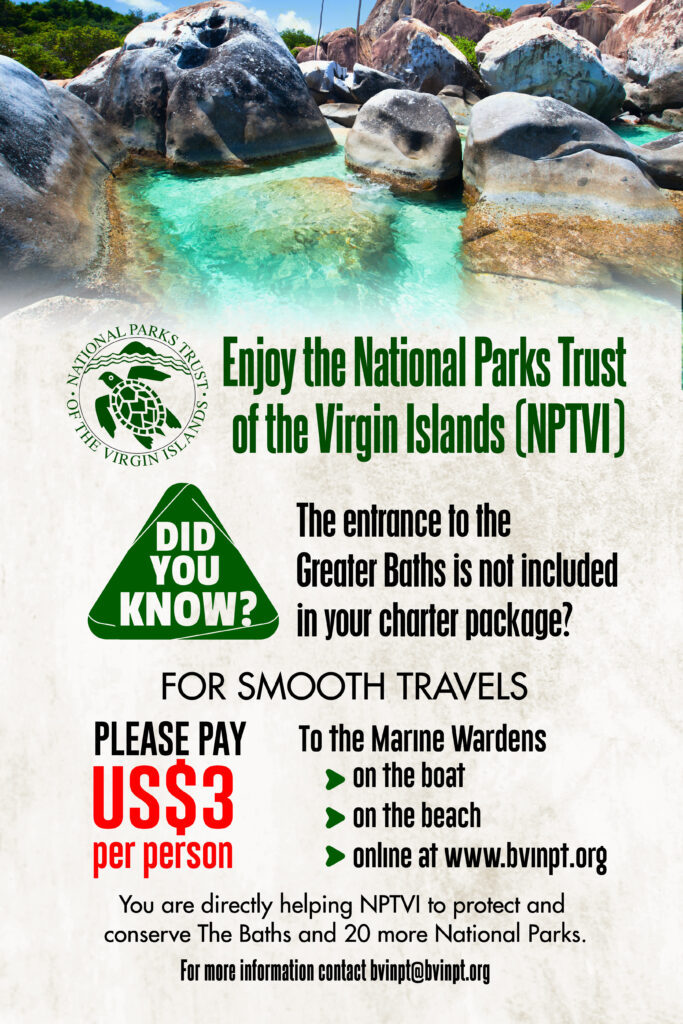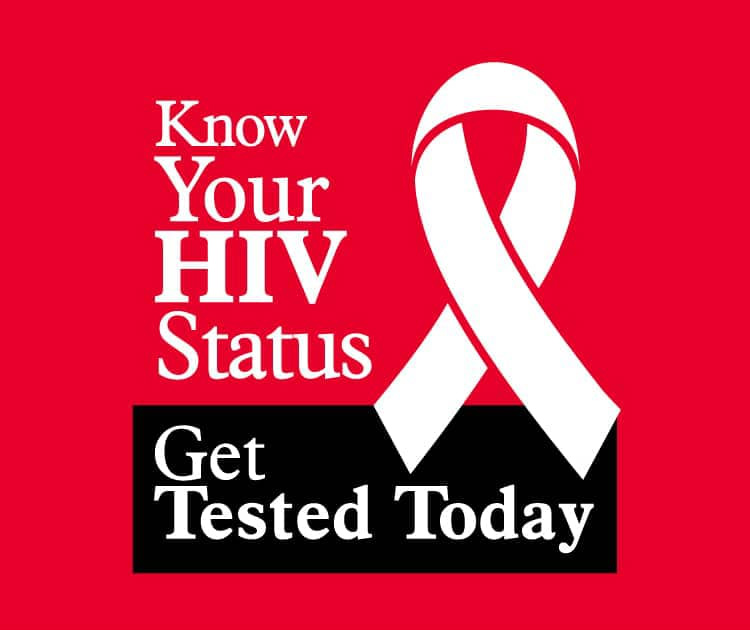International
UN and Ministers Back BVI’s Push for SIDS Disaster Resilience
The British Virgin Islands’ (BVI) call for greater disaster resilience among Small Island Developing States (SIDS) in the Caribbean has received formal endorsement from the United Nations Office for Disaster Risk Reduction (UNDRR), the Caribbean Disaster Emergency Management Agency (CDEMA), and Ministers from Latin America and the Caribbean.
The endorsement came during the Sixth High-Level Meeting on the Implementation of the Sendai Framework for Disaster Risk Reduction 2015-2030, held in Basseterre, Saint Kitts and Nevis, earlier this month.
BVI Special Envoy and UN Representative Benito Wheatley highlighted the devastating economic toll of extreme weather events on SIDS, exacerbated by climate change. Speaking at the meeting, Wheatley emphasized the financial hurdles these vulnerable nations face in achieving climate resilience.
“Small Island Developing States continue to bear the brunt of hurricanes and extreme weather, yet many are unjustly excluded from concessional financing and grants because they are classified as middle- or high-income countries,” Wheatley said. “This leaves us without the resources needed to build resilience and recover effectively from disasters.”
The meeting’s outcome document echoed Wheatley’s concerns, stating, “The Ministers and Authorities recognized the high and increasing cost of reducing risk to improve human security outcomes and promote climate resilience. In particular, they highlighted the challenge for SIDS classified as middle- and high-income countries that remain vulnerable but ineligible for international development assistance.”
The statement also called for increased investment in adaptation measures, concessional financing, and the integration of multidimensional vulnerabilities into disaster risk reduction strategies.
Nahuel Arenas Garcia, UNDRR Chief for the Americas and the Caribbean, commended the BVI for its leadership in bringing attention to the unique vulnerabilities of SIDS. “Ensuring that SIDS have access to just financing and disaster risk reduction tools is a global responsibility,” Garcia said.
The meeting, chaired by St. Kitts and Nevis Prime Minister Terrance Drew, coincided with the 13th Caribbean Conference on Comprehensive Disaster Management. Delegates strongly encouraged the implementation of early warning systems across the region to mitigate disaster impacts.
The endorsement underscores a growing consensus on the urgent need to address climate vulnerability in SIDS. As Wheatley noted, “The fight for resilience is not just about survival; it’s about justice and sustainability for our future generations.”
The BVI’s advocacy efforts highlight the broader plight of small island nations grappling with the dual challenges of climate change and economic exclusion, a message resonating across the Caribbean and beyond.
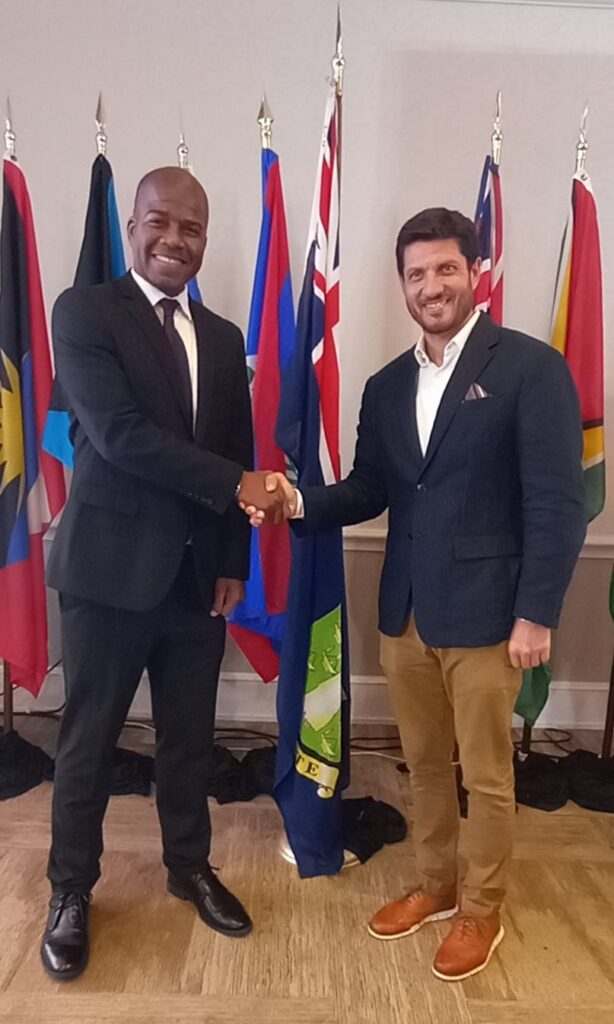
International
U.S. Embassy Issues Warning on ‘Birth Tourism’
International
Overseas Territories Honoured for Strategic Value, Deepening Ties with UK

Against the backdrop of growing global uncertainty and shifting geopolitical alliances, the United Kingdom reaffirmed its commitment to its Overseas Territories this week during the observance of the Second Annual Overseas Territory Day. The event, championed by UK and Territory leaders alike, underscored the critical role these regions play in defense, environmental security, and Britain’s wider international footprint.
Speaking in his capacity as President of the United Kingdom Overseas Territories Association (UKOTA), Premier of the Virgin Islands Dr. the Hon. Natalio Wheatley described the occasion as an opportunity to reflect not only on the Territories’ vital roles in areas like security and environmental stewardship, but also on the “mutual respect and collaborative growth” that continues to define their relationship with the UK.
“Overseas Territories are not only vibrant communities rich in culture and heritage,” Premier Wheatley said in a statement Tuesday. “They are vital partners in the UK family… their contribution to the UK’s global presence and values cannot be overstated.”
Observed annually on the first Monday of June, Overseas Territory Day was marked in London with a series of ceremonial events, including a flag-raising at Parliament Square, a choral evensong at the Guild Church of St Lawrence Jewry, and a formal reception at Speaker’s House hosted by House of Commons Speaker Sir Lindsay Hoyle. The Virgin Islands was represented by UKOTA Chair and BVI Representative Tracy Bradshaw.
This year’s theme — “The Strategic Importance of the Overseas Territories and the Enduring Significance of our Constitutional Relationships with the United Kingdom” — reflected a growing focus on the Territories’ role in Britain’s global influence, particularly amid shifting geopolitical dynamics and climate-related vulnerabilities.
From the Caribbean to the South Atlantic, the Premier noted, Overseas Territories continue to punch above their weight. Citing efforts in renewable energy, biodiversity protection, and disaster preparedness, Dr. Wheatley praised the Territories for “thinking globally while acting locally.”
“These qualities not only define the character of our communities,” he said, “but also underpin their strategic relevance and global reach.”
Tuesday’s remarks also touched on the importance of responsible self-governance and ensuring that the voices of Overseas Territories remain central to policymaking at the UK level.
“We remain focused on ensuring their voices are not only heard but are instrumental in shaping policy and partnership,” Wheatley said.
The Premier closed with a call to unity and long-term vision, urging stakeholders to maintain momentum in advancing sustainable development, deepening constitutional ties, and building a legacy defined by “strategic cooperation, constitutional respect, and mutual progress.”
As Britain redefines its global relationships post-Brexit, events like Overseas Territory Day provide a moment to assess how longstanding ties — rooted in history but looking toward the future — continue to evolve.
International
BVI Urges UK and Other Colonial Powers to Support Self-Determination of Remaining Territories

In a direct appeal to the international community, the British Virgin Islands (BVI) has called on the United Kingdom and other colonial powers to set aside their national interests and support the self-determination of the 17 remaining non-self-governing territories under the mandate of the United Nations Special Committee on Decolonisation (C-24).
Speaking at the UN’s Pacific regional seminar on decolonisation, held in the Timorese capital Dili from 21st to 23rd May, BVI Special Envoy Benito Wheatley urged administering powers to recommit to the principles of decolonisation and support a meaningful pathway to self-government for the remaining territories on the UN’s list.
“We all must work together to make progress on decolonisation,” Mr Wheatley said in his address. “I know it is hard to separate national interests from the process, but an effort must at least be made to work in the best interest of Non-Self-Governing Territories.”
He added that the Special Committee should prioritise the dispatch of visiting missions “where this is practicable,” noting that “the politics of the process is very complicated and requires dialogue, but no effort should be spared.”
The BVI, which hosted a UN visiting mission in August 2024, was recognised in the mission’s report for its advancement toward full internal self-government. The mission also recommended the establishment of a timetable for the Territory’s eventual independence.
Mr Wheatley expressed appreciation for the UN’s engagement and reiterated the Territory’s commitment to good governance and democratic reform. He also used the opportunity to highlight the broader need for sustainable development assistance, particularly in the face of growing climate threats.
“To truly advance self-determination, UN agencies must play a more active role in supporting the development priorities of these Territories,” Mr Wheatley stated. He urged the C-24 to adopt a resolution at its upcoming June session that would allow UN agencies to utilise their regular programme budgets to support Territories classified as Small Island Developing States (SIDS), especially those that are associate members of regional commissions such as ECLAC and ESCAP.
In a firm message to London, Mr Wheatley also called on the United Kingdom to formally withdraw the Order in Council currently held in reserve, which grants it the power to suspend the BVI’s constitution and impose direct rule if triggered.
“There is no longer an excuse for the UK to maintain this unnecessary, undemocratic and blunt colonial instrument over the Territory,” he said, noting that the BVI had completed the governance reform programme agreed in 2022.
The UN’s list of territories yet to be decolonised includes American Samoa, Anguilla, Bermuda, the British Virgin Islands, Cayman Islands, Falkland Islands, French Polynesia, Gibraltar, Guam, Montserrat, New Caledonia, Pitcairn, Saint Helena, Tokelau, Turks and Caicos Islands, the United States Virgin Islands, and Western Sahara.
The seminar in Dili marks a continuation of the UN’s longstanding commitment to decolonisation — a process that remains incomplete nearly eight decades after the adoption of the UN Charter.
-

 Uncategorized3 days ago
Uncategorized3 days agoBody Found in Road Town Waters Identified as Missing Man
-
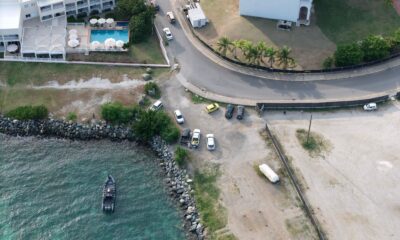
 Uncategorized3 days ago
Uncategorized3 days agoBody Recovered Near Maria’s by the Sea Hotel
-
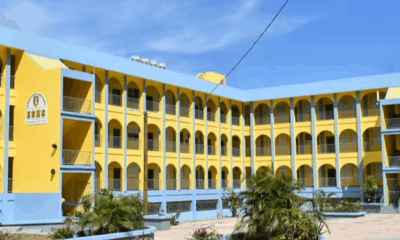
 Education6 days ago
Education6 days agoBVI Records Over 85 Student Suspensions in Early 2025
-

 Uncategorized2 weeks ago
Uncategorized2 weeks agoBritish Virgin Islands Regulators Move to Wind Down Bank of Asia (BVI) Limited
-

 Entertainment1 week ago
Entertainment1 week agoK’Meeya Chung and Dakarai Wheatley-Adams Crowned Miss and Mr. HLSCC 2025
-

 Local News4 days ago
Local News4 days agoU.S. Travel Ban on Haiti and Other Nations Sparks Concern Across the Caribbean
-

 Entertainment1 week ago
Entertainment1 week agoNeil Frett Named Honouree as 71st Virgin Islands Emancipation Festival Officially Launched
-
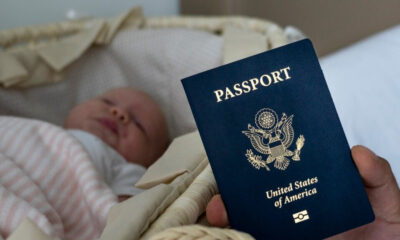
 International4 days ago
International4 days agoU.S. Embassy Issues Warning on ‘Birth Tourism’










